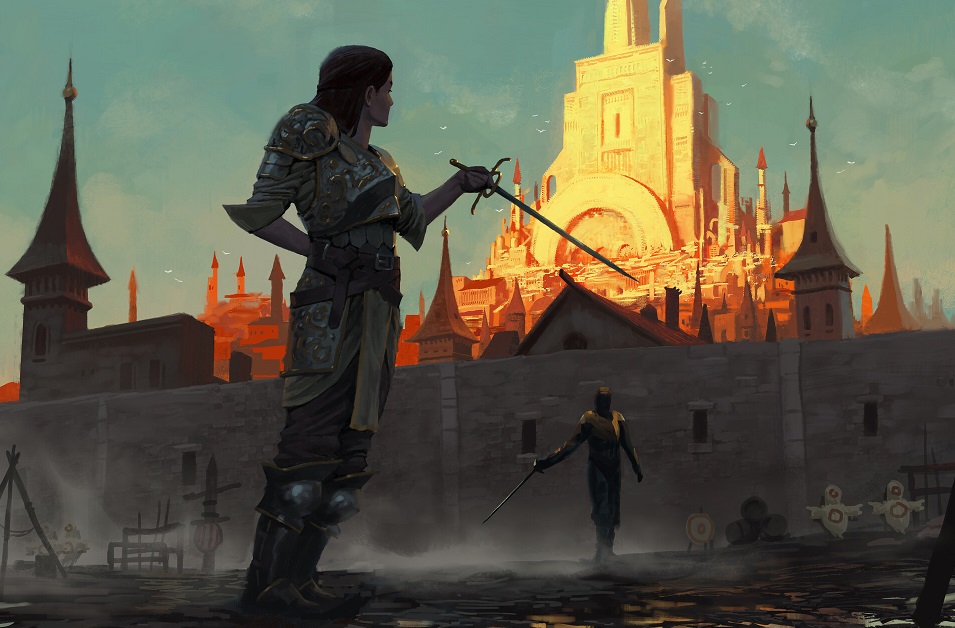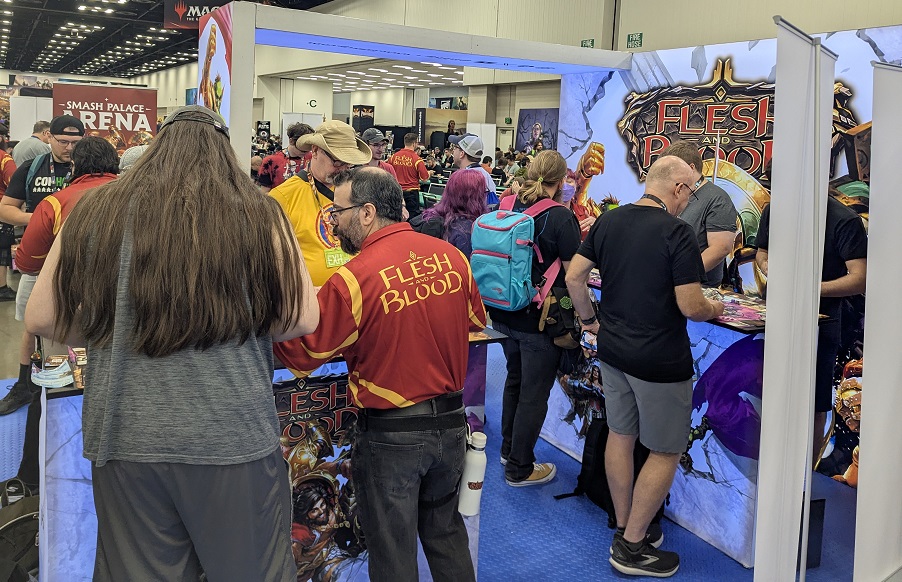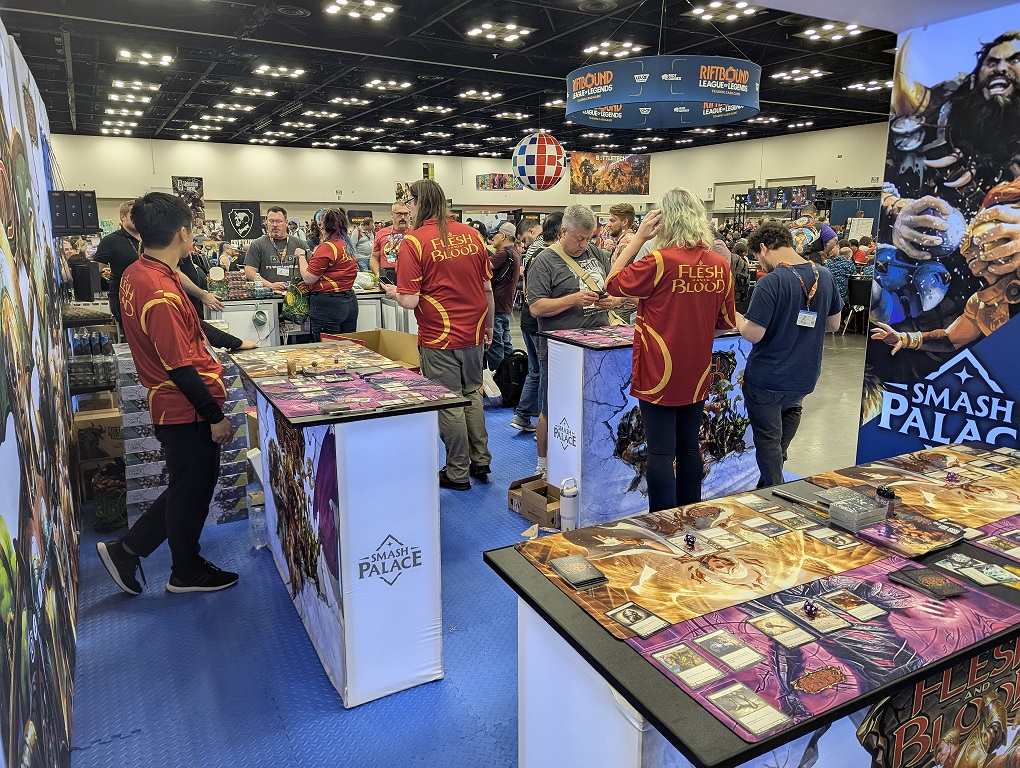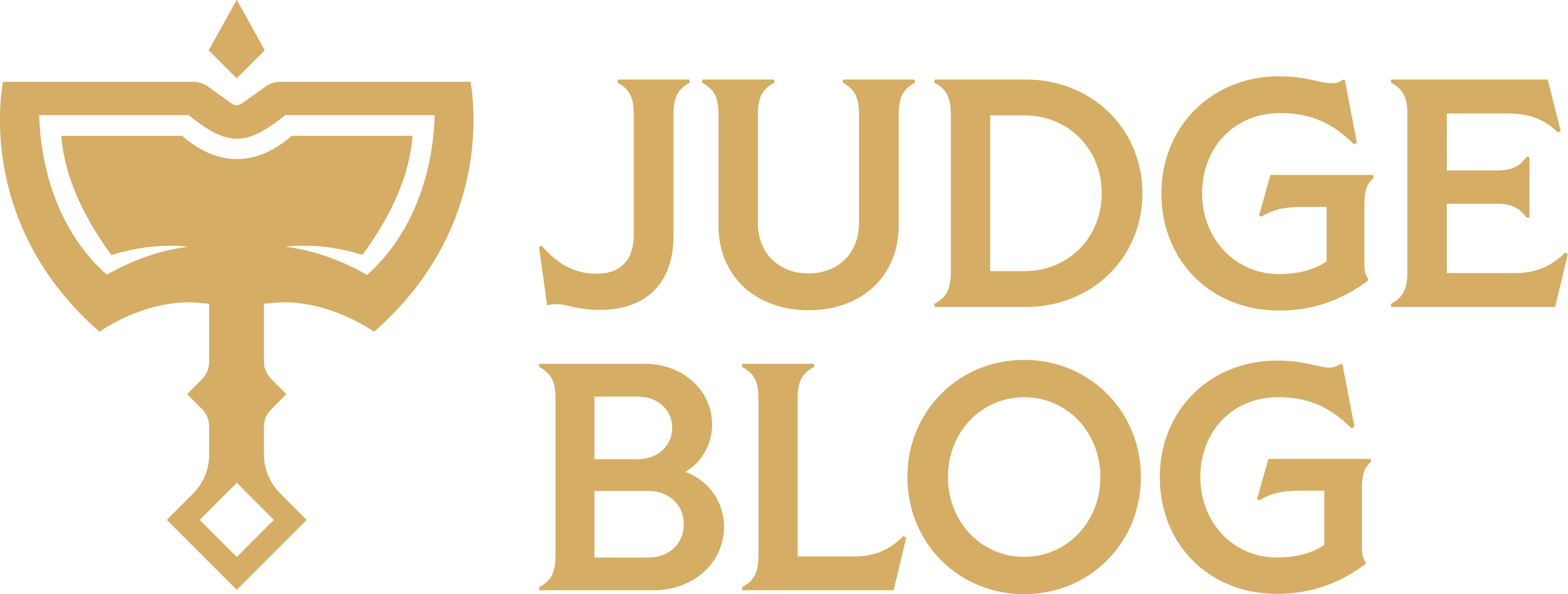
What is a Wrangler? Understanding the L2P Role (Part 1)
If you’ve heard about the word “Wrangler” and wondered what it actually involves in L2P, you’re not alone. While most judges understand traditional L2P to involve teaching the game and doing demos, Wrangling operates differently. It’s a proactive position that many judges don’t encounter until they step into convention environments.
The Wrangler serves as an ambassador between curious convention-goers and the Flesh and Blood experience, as well as a support liaison for L2P judges. Wranglers make first contact by inviting new players to participate in L2P demos, guiding and connecting them with judges for instruction, and ensuring the booth maintains a steady stream of engaged participants. At the same time, they monitor and support the needs of L2P judges, making sure judges consistently receive players and have regular opportunities for well-timed breaks.

The Core Function: Active Engagement
A wrangler is fundamentally a social leadership role that requires constant awareness and initiative. Unlike traditional judging where players come to you with problems, wrangling means you’re actively scanning the environment, identifying potential players, and creating opportunities for engagement.
Your primary responsibility is reading the crowd and initiating conversations with people who might be interested in learning Flesh and Blood. This requires strong social skills and the confidence to approach strangers in a convention environment where everyone is potentially overwhelmed by options.
Who You're Looking For
Effective wrangling means quickly assessing people’s gaming backgrounds and interests to determine the best approach. You’ll be looking for:
- TCG Newcomers: People who may have never played a trading card game but seem curious about what’s happening at your booth.
- Experienced TCG Players: Convention-goers who clearly play other card games but haven’t tried Flesh and Blood.
- Previous FAB Players: People who have already played or tried the game once, but have taken a break.
- Families, Couples, & Friend Groups: Identifying when to approach individuals versus groups, and understanding dynamics when parents, couples, or friends are looking for activities to do. For instance, when talking to a group, you may want to invite a group of people to learn the game together, helping reduce the barrier of entry that may come from learning by oneself by helping people they’re familiar with in the process.
Your Demo Pitch
When approaching convention goers, your opening needs to be welcoming but not pushy. Here’s a framework that works well:
Hi friends, are you interested in learning a TCG? If you take 5 mins, do a demo, afterwards, you will walk away with a free deck!
Key elements of an effective pitch:
- Friendly, non-threatening opener
- Specific time commitment (people appreciate knowing what they’re signing up for)
- Clear value proposition (free deck, learning experience)
It’s important to note that pitches should be adaptable for different audiences–i.e. using “trading card game” for people who may not know the abbreviation “TCG”.

Operational Oversight and Management
Beyond individual interactions, wranglers maintain a high-level view of the entire demo space. This includes:
- Flow Management: Monitoring how many demo tables are active, which judges have empty tables, and whether there’s a queue of interested players waiting. You’re constantly balancing supply and demand.
- Judge Support: Observing how your L2P judges are performing, noting when someone might need a break, and identifying teaching moments or areas where judges might benefit from feedback.
- Resource Allocation: Understanding when to direct different types of players to different judges based on the judge’s strengths, experience level, or current capacity.
- Documentation and Feedback: Taking mental (and often written) notes about both player interactions and judge performance. This information becomes valuable for post-event debriefs and ongoing L2P program improvement.
Scaling Considerations
A critical wrangler skill is understanding capacity and flow:
- Reading Judge Energy: Recognizing when an L2P judge is getting fatigued and may need a break before bringing them new players.
- Managing Multiple Demos: Some experienced judges can handle teaching multiple people simultaneously, while others work better one-on-one. When there is time, give feedback and coaching to L2P judges who are better with one-on-one so that they are able to demo for a larger group of new players.
- Queue Management: Understanding when you have more interested players than available judges and how to keep people engaged while they wait, and let them know the times when demoing is available.
- Timing Awareness: Knowing how long demos typically take and planning accordingly.
Handling Rejection and Building Resilience
Not everyone will be interested, and that’s completely normal and healthy. Rejection in convention wrangling isn’t a reflection of your skills or the game’s quality, it’s simply a numbers game combined with timing and personal preferences.
Many people at conventions are already committed to other activities, running between scheduled events, or simply not in the headspace to learn something new. Others might be interested but not right now. The key is maintaining enthusiasm for the people who are genuinely curious while gracefully accepting when someone isn’t available.
Your success is measured not by your conversion rate, but by the quality of experiences you create for people who do engage—experiences that can spark word-of-mouth referrals during the same convention and multiply your impact indirectly.
Supporting judges as they demo and interact is also a vital part of that success; by managing smooth player flow and well-timed breaks, you help maintain morale and keep the entire team effective and energized.
Remember: the people who are open to trying new things will find their way to you. Your job is being approachable and available when they do, not convincing people who aren’t ready.
Why This Role Matters
The wrangler position is crucial because it bridges the gap between the L2P program’s educational mission and the reality of convention environments. You’re creating the conditions for successful learning experiences by ensuring the right people connect with the right judges at the right time.
Without effective wrangling, even the best L2P judges can end up with empty tables or mismatched player expectations. With strong wrangling, the entire demo area becomes a well-orchestrated system for growing the Flesh and Blood community one conversation at a time.
The role requires confidence, social awareness, and the ability to think systematically about crowd dynamics and resource management—skills that not only serve judges in high-traffic competition settings but also translate seamlessly to other public-facing or large-scale events. It’s judging at the intersection of customer service, event management, and community building.
In Part 2, I’ll share my personal experience stepping into the Wrangler role for the first time at GenCon 2025—what surprised me, what challenged me, and why I think every competitive judge should consider trying convention work.
Feature article image by Henrique Lindner. Photos taken by Eric Lee.
